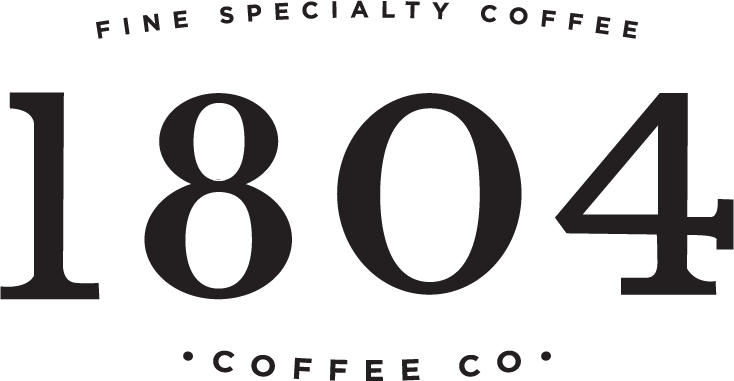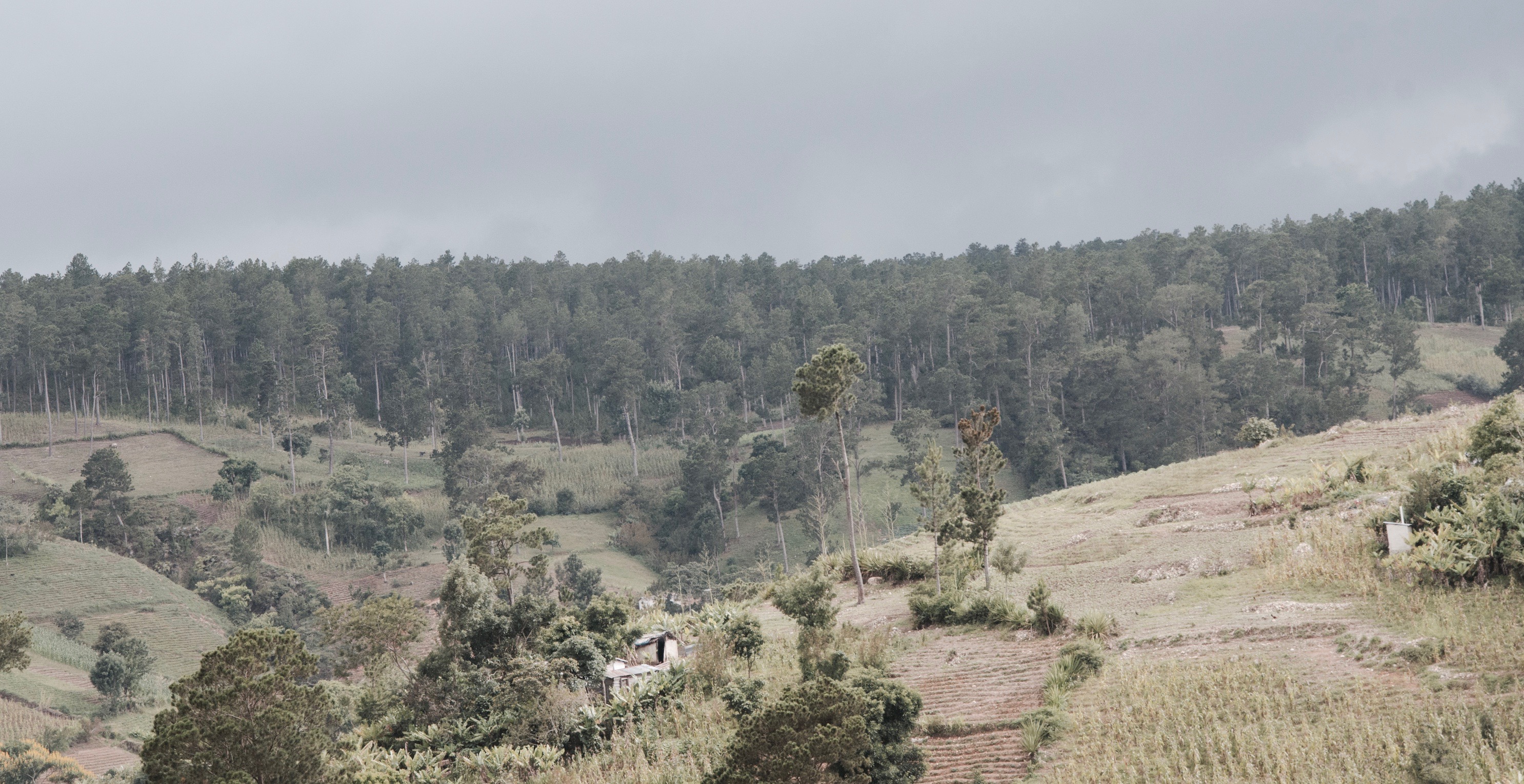As I sit here nursing a double espresso, staring out at a chilly, cloudy winter afternoon, my thoughts turn to the upcoming harvest season in Haiti, and our direct trade coffee. I can feel up the warmth of the sun on my face, and the comfort of the towering pines that reside high in the mountains. My heart is comforted thinking of our friends there, who work tirelessly on their farms and are content with so little. It sounds enchanting, and believe me elements of it are, but that’s not the whole story.
Traditional supply channels in the coffee industry are made up of of a few different actors. There are the farmers who grow and harvest their coffee cherries and sell the. To a local cooperative. The cooperative processes the cherries into parchment. Often the coffee then goes to a final processing plant where it is properly sorted and graded for quality. An importer from the USA will often buy the coffee in very large volumes and import it, storing it in a warehouse. Roasters from around the country purchase the coffee, roast and sell it to you.
Direct trade coffee is a new trend in coffee sourcing where roasters work directly with and purchase coffee from farmers and cooperatives in the country of origin. One might think that “cutting out the middle man” brings great benefit for the roaster, but for the vast majority it doesn’t. It requires vastly higher amounts of knowledge about the country of origin and, farming and processing as well as requiring vast amounts of working capital to make the single annual coffee purchase. There are few if any monetary benefits for the roaster. Often times one ends with a net loss rather than a net gain on direct trade.
When we started 1804 Coffee, we took a different approach. It was more important to us to be directly involved with the farmer, and purchase direct trade coffee for the following reasons:
- We wanted to know they were being treated fairly. Often times in third world countries farmers are exploited. They are not able to access a free trade market. Local buyers called “coyotes” act as bullies. They intimidate the farmers into selling them their coffee at unfair prices. Just today I received a Facebook message stating “you can’t deal with these farmers, it’s too dangerous for the farmers, And for you because they are owned by someone.”
- Did the farmers have access to training they needed to improve their quality and productivity? Most farmers cannot read or write. There is no access to information on the Internet (because they can’t read or access the Internet). Sometimes there are training programs in their area they are not aware of. We help to organize collaborative efforts between organizations to improve training for farmers and ensure they have the information they need to manage a healthy farm.
- Could they access working capital to cash flow their coffee farm and invest in regeneration? Farmers need money to live on during the year while waiting for harvest. They typically borrow money against their harvest from local buyers or cooperatives but as excessively high interest rates. This becomes a form of bondage as they are never able to get free from the annual loans or have enough left over to invest in their farms to regenerate aging plots. We hope to change this as we grow, by offering low interest or interest free loans.
Why would someone want to do direct trade coffee? We don’t do Direct a trade for profitability, we do it because we want to see the farmers more profitable, successful and independent. It is the road less traveled but certainly more fulfilling.



